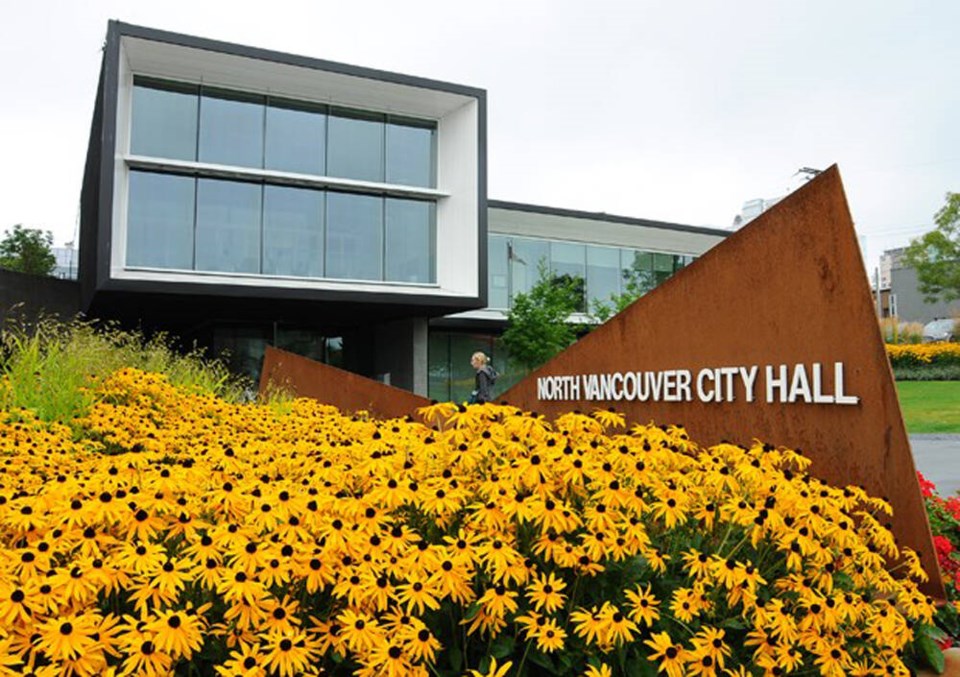As inflation hits municipal budgets around the country, City of North Vancouver council has settled on a 6.9-per-cent property tax increase for 2024.
Initially, staff came forward last month with a proposed budget with an increase as high as 8.5 per cent, which council deemed too high and told department heads to come back with a “right sized” budget.
At their March 11 meeting, council agreed to postpone $7.1 million in capital projects, hit pause on a 0.5-per-cent tax increase to build up infrastructure reserves, transfer some affordable housing funds to the general capital fund, and trim the RCMP’s staffing budget as the force has struggled with attracting a full complement of recruits.
When it came to public feedback on the budget and tax increase this year, the main group clamouring for more support was tennis players, who are facing a loss of public courts. For them, council chipped in an extra $80,000 to expedite a study on the city’s current and future demand for courts.
While there was consensus among council members on deferring capital projects, there was debate as to whether the city should continue its practice of adding a 0.5-per-cent tax increase specifically for the maintenance and replacement of aging infrastructure.
Coun. Jessica McIlroy moved to have the city add the 0.5-per-cent increase back into the financial plan, bringing the total increase to 7.4 per cent. Doing so would “smooth out” future tax increases residents will face as those bills have to be paid, McIlroy argued.
“Our job is to balance the fiscal demands of our community members and our businesses … but also the financial pressures of the city itself,” she said. “We are in a very challenging financial environment and we have a very ambitious plan, as always, in order to reach our council goals.”
When it came time for a vote though, only Mayor Linda Buchanan agreed.
“We are going to see the very clear example of deferring capital and lack of maintenance for decades in this region come to roost in very short order,” she said. “I think it is prudent in a financial plan to make sure that we continue to put a little bit away every year.”
The majority on council, however, voted against the motion, and instead passed the tax increase at 6.9 per cent, although Coun. Don Bell acknowledged the risk that comes with “kicking the can down the street” on infrastructure.
“The projects still need to be done. It simply pushes the funding off a year or more years and this can result in inflation and increased costs,” he said. “However, I also think that the current economic times and difficulties I’ve referred to are impacting residents as well – food costs, accommodation costs – and I think maybe that we need to send a signal that we understand that.”
Couns. Shervin Shahriari, Tony Valente and Holly Back agreed with Bell.
Although it’s the highest tax increase for the city in recent memory, it’s still the lowest one coming among the three North Shore municipalities in 2024, which Back said was a point of pride.
“I understand as a city we’re feeling those prices, but our residents, I think, are feeling them more,” she said, adding that Metro Vancouver fees for the new North Shore Wastewater Treatment Plant coming to tax bills in 2025 will be “a little bit scary.”
Council will debate how to divvy up the tax increase across the residential, commercial and industrial tax classes at their April 8 meeting and finalize the budget before the end of April.




